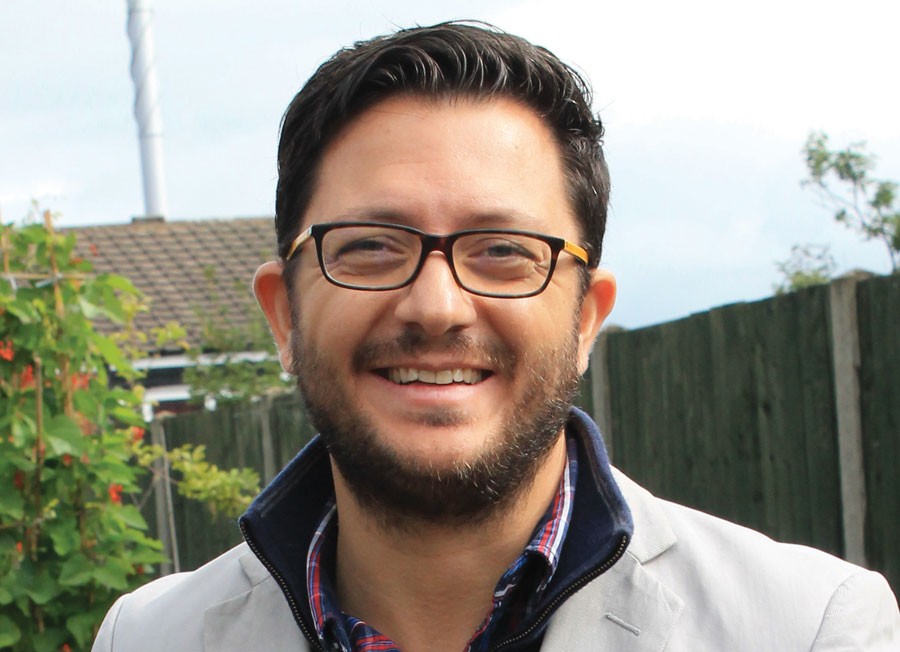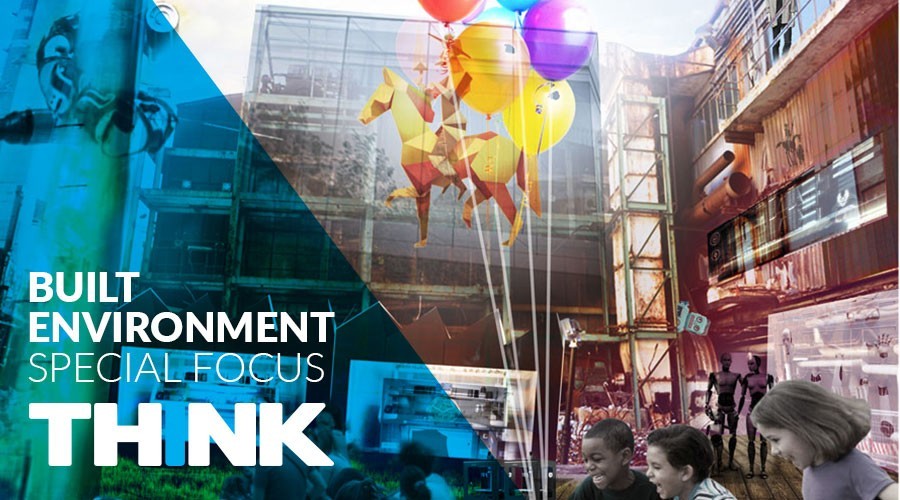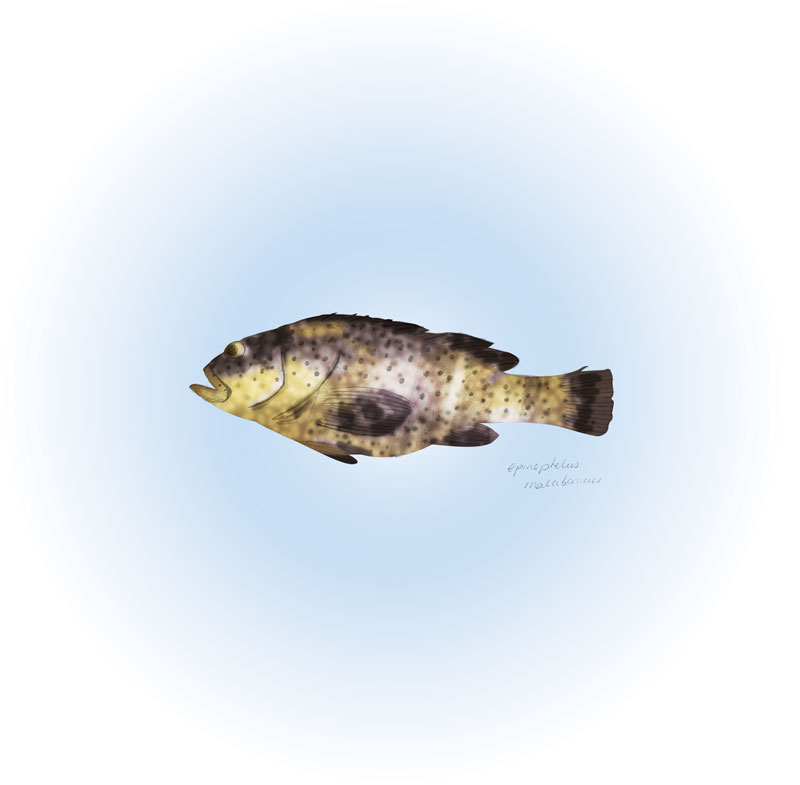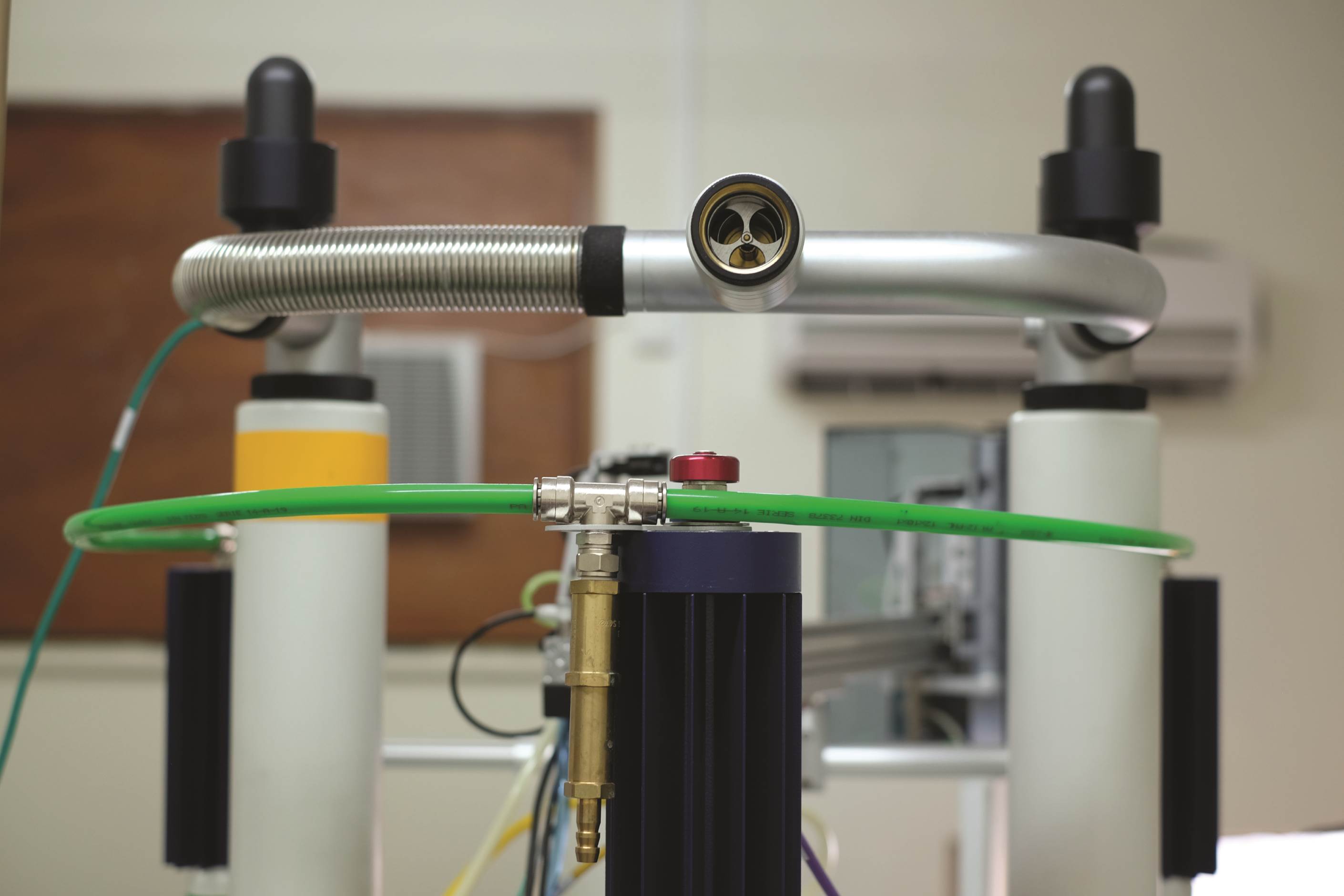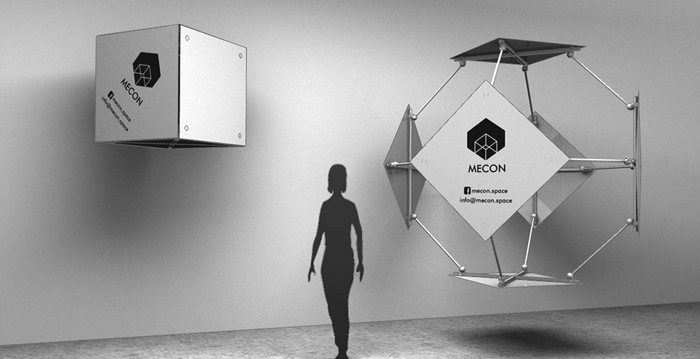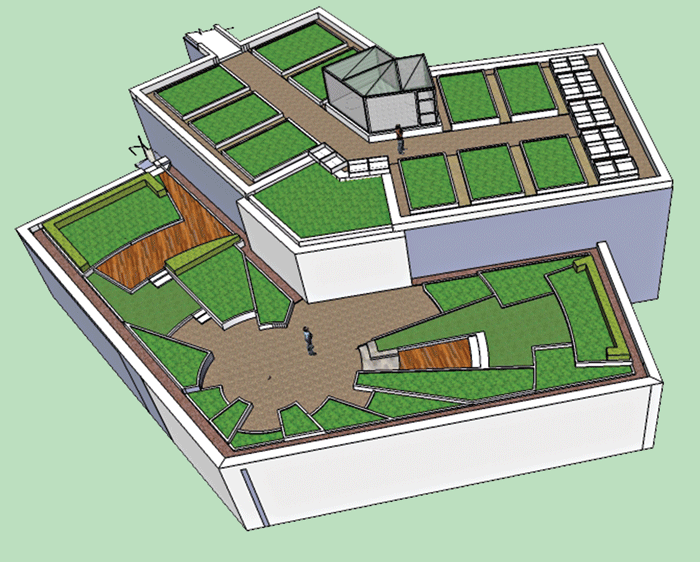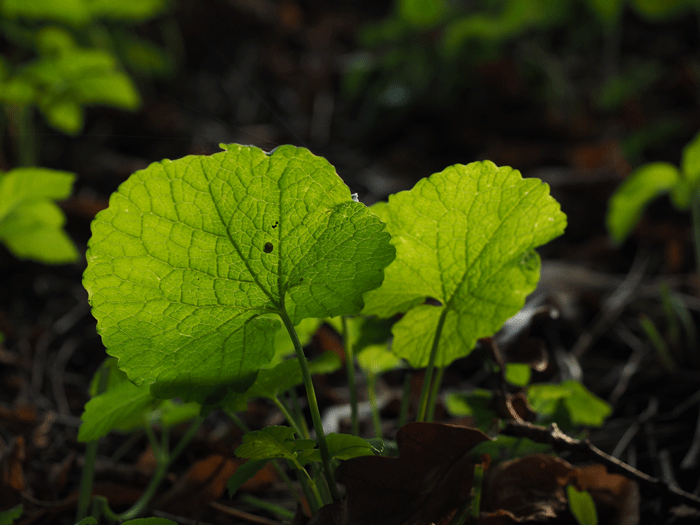By Dr Antoine Zammit
Urban development in Malta has undergone an exponential growth in the past decades. This is a growth that has often been imposed indiscriminately within long-established and tightly knit streets, and worsened by a lack of urban design approaches by investors and politicians alike. The Maltese planning system has only reacted to economic and market conditions instead of trying to foresee them, and consecutive governments have simply sought to stimulate the construction industry further. In addition, none of the policies produced by the Malta Environment and Planning Authority (MEPA) have to date been urban design-oriented. The planning system has been overloaded with a plethora of policies that however fail to consider the street—arguably the most important spatial scale within the Maltese urban environment.Continue reading

